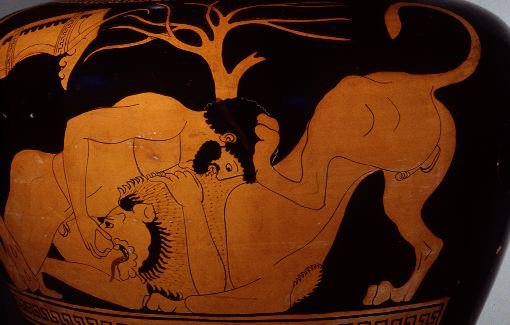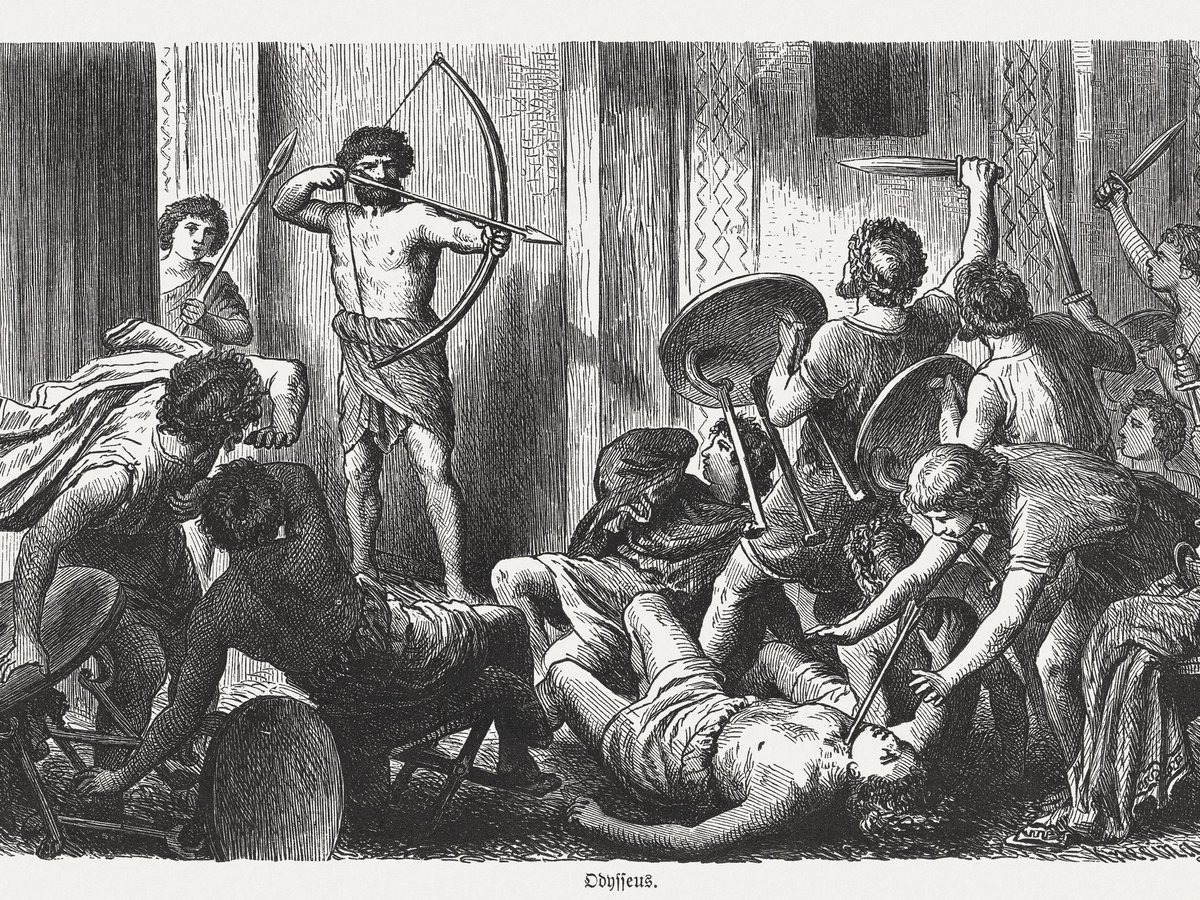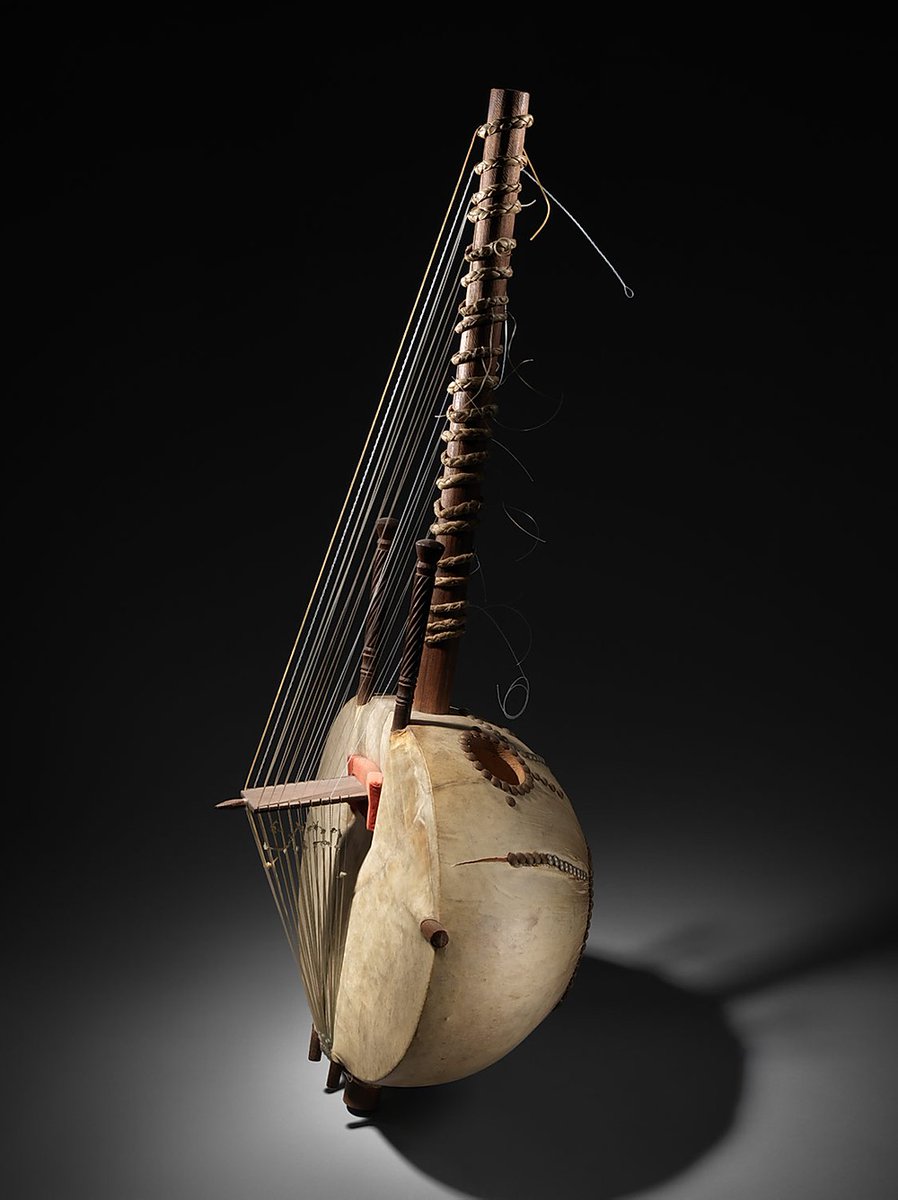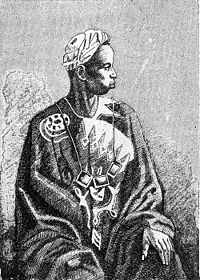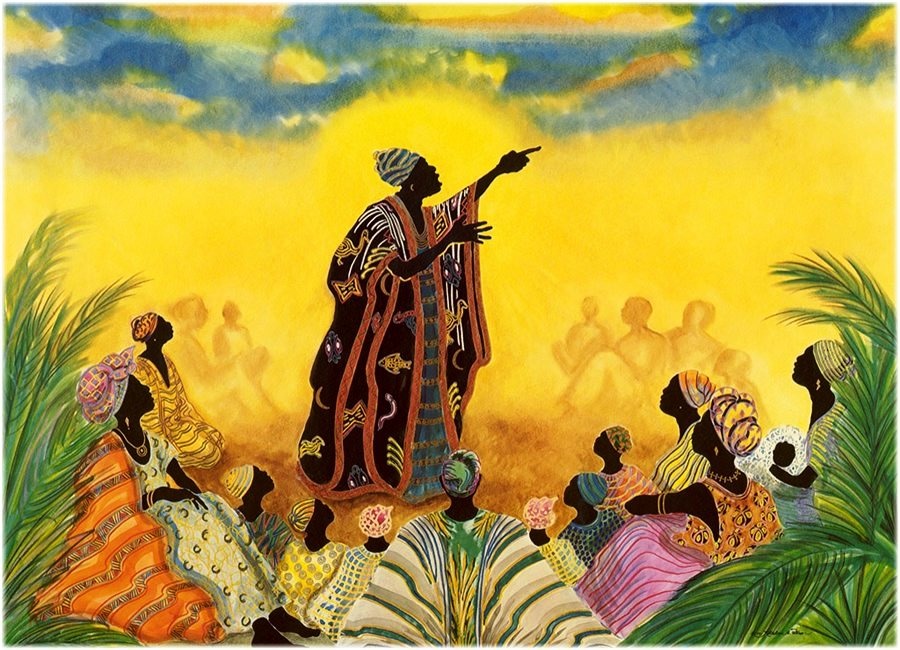The gods, kings, and mythical creatures of ancient Greece and Rome are well known to us. The names of Heracles, Odysseus, Aeneas, Heracles echo throughout the ages. The stories of their feats form part of the cultural fabric and storytelling tradition of the West.
But what of Africa? It has no shortage of gods, kings, and mythical creatures. What of the epic tales of its heroes and warriors? Like with the & #39;Odyssey& #39; and the & #39;Iliad& #39;, the stories of African heroes were not written down, but were recited by oral storytellers called Griots.
These Griots were specially charged with keeping the stories of the people, and recounting the tales of great ancestors. The stories were sung, and were accompanied by the playing of a stringed instrument called a kora.
The most famous of these stories, still recounted today by the Griots of the Mandinka people living Mali, tells of how Sundiata Keita founded the kingdom of Mali in 1235 after defeating the Sosso king of Ghana at the Battle of Kirina.
Dating back to the early 13th century, the Epic of Sundiata details how its namesake prince, the son of a scorned second wife born without the ability to walk, overcame this disability, his brother& #39;s treachery, a humiliating exile, and evil sorcerers, to establish an empire.
Mandinka oral tradition also speaks of what happened after Sundiata& #39;s victory. In 1236, he had inscribed on a stone which unfortunately no longer exists the principles and laws of his new kingdom.
Known as the Mandé Charter or Kouroukan Fouga, it was essentially a constitution or bill of rights, one of the very first in the world! It included laws that banned the beating & disrespecting of women, and made it mandatory that every child in the kingdom be educated.

 Read on Twitter
Read on Twitter